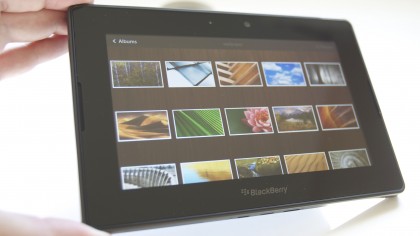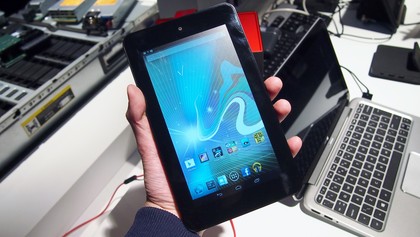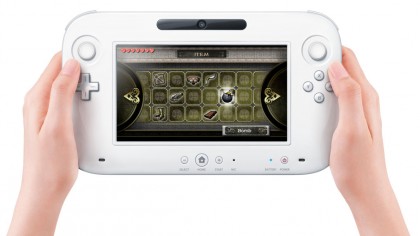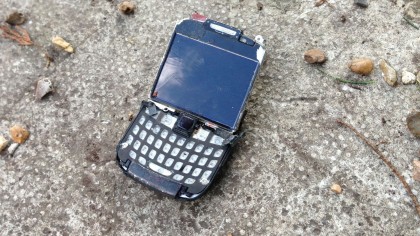10 biggest tech gambles ever made: the winners and losers
The highest highs and lowest lows ever seen in technology
Those that lost their shirts
Microsoft Kin

Microsoft's Kin was a smartphone line that cost a billion dollars to develop and that was canned in just forty-eight days. Impressed by Danger Incorporated's HipTop / Sidekick, Microsoft bought the company, got it to make two Windows CE-based handsets and released them in 2010 to the kind of fanfare you get when you slowly lower yourself onto a whoopie cushion.
Blackberry PlayBook

Given the choice between betting on black or red, the firm formerly known as RIM bet on cheese: with the kind of thinking that only happens in cheese-fuelled nightmares, RIM decided that the best way to battle Apple was to make an awful tablet. The 2011, $500 PlayBook was so rushed to market that it didn't have native email or calendar apps: RIM bet that customers wouldn't mind. RIM bet wrong.
HP and Palm

HP's $1.2bn acquisition of Palm wasn't a bad idea - the plan was to use Palm's WebOS to compete in mobile without being a me-too Windows or Android manufacturer - but the idea wasn't executed very well. HP's WebOS-powered TouchPad flopped, the firm lost interest and it put WebOS up for sale. WebOS was finally sold to LG in early 2013 for an undisclosed and no doubt rather small sum.
Nintendo Wii U
Sign up for breaking news, reviews, opinion, top tech deals, and more.

Nintendo is losing money on every Wii U sold - and that wasn't part of the long term plan. Nintendo expected sales to ramp up and economies of scale to kick in, bringing the console back to profitability. That hasn't happened yet, and with retailers gearing up for the launches of the Xbox One and PS4, it doesn't look like it's going to happen any time soon.
3G

"How much should we pay the government for our 3G licenses, boys?" Europe's mobile operators asked. "How about ELEVENTY BILLION POUNDS?" came the reply. "It's a safe bet! We'll still make a fortune!" Amazingly, that didn't turn out to be the best idea. European operators spent so much money on their 3G licenses - £22.5 billion in the UK, £30 billion in Germany - that in 2000 their credit ratings turned to junk, making it impossible to borrow the money they needed for maintenance and upgrades.
- Hungry for more? Then check out 10 amazing materials that can change our tech.

Contributor
Writer, broadcaster, musician and kitchen gadget obsessive Carrie Marshall has been writing about tech since 1998, contributing sage advice and odd opinions to all kinds of magazines and websites as well as writing more than twenty books. Her latest, a love letter to music titled Small Town Joy, is on sale now. She is the singer in spectacularly obscure Glaswegian rock band Unquiet Mind.